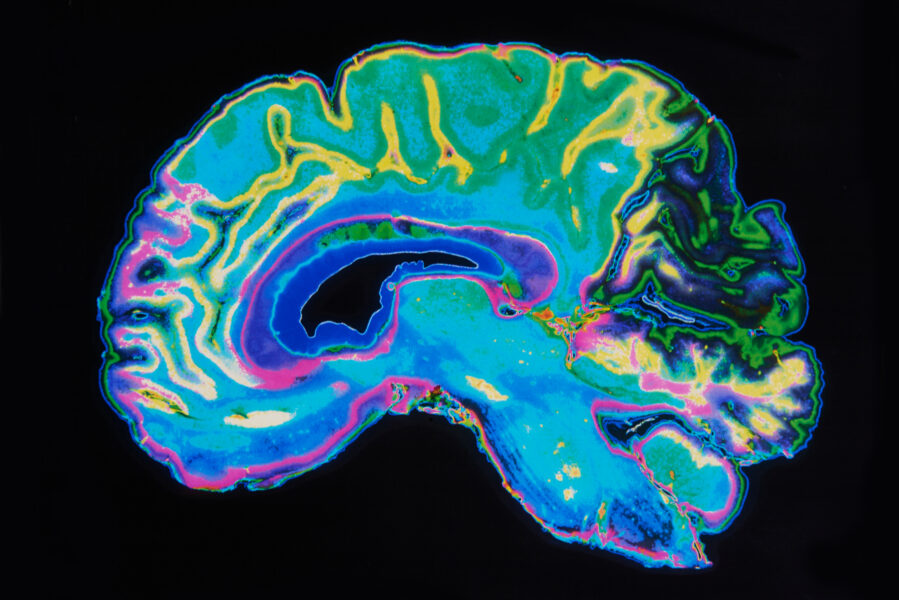
How Can We Make Dementia Care More Human? Practical Insights for Health Providers
Written by Jennifer Kennedy
This year’s World Alzheimer’s Day brings a renewed focus on advancing dementia care, especially with the recent launch of the CMS GUIDE Model. This groundbreaking approach emphasizes comprehensive, coordinated care, not only improving the lives of patients but also significantly easing the burden on caregivers. As healthcare providers, there’s a critical opportunity to adopt strategies that go beyond clinical treatment, focusing on the human experience and addressing the emotional, physical, and financial challenges that dementia brings.
Practical Tips for Providers to Improve Dementia Care
As we reflect on the progress made in dementia care, there are several actionable strategies healthcare providers can implement to enhance their programs:
- Comprehensive Care Plans: Ensure that care plans address not only the medical but also the non-medical needs of dementia patients. This includes behavioral health support, which is crucial for managing the psychological symptoms of the disease.
- Multidisciplinary Teams: Collaboration between healthcare professionals from various specialties is essential. By bringing together expertise in areas like neurology, palliative care, and social work, providers can offer more holistic care.
- Health Equity and Access: Many underserved populations struggle to access quality dementia care. The GUIDE Model is designed to close this gap, ensuring that all communities receive the support they need. Providers can align their practices with these goals by creating outreach programs that focus on inclusivity.
- Caregiver Support: Caregivers are often the unsung heroes of dementia care, providing round-the-clock support. As highlighted in our previous blog, supporting caregivers is critical to improving overall care outcomes. Offering respite services and caregiver education not only helps caregivers avoid burnout but also enhances the quality of care they provide.
- Preventing Hospitalizations: Many patients with dementia experience fragmented care, which often leads to preventable hospitalizations. By focusing on coordinated care and early interventions, healthcare providers can help reduce unnecessary hospital visits, improving both the patient’s quality of life and reducing overall healthcare costs.
- Continuous Education and Certification: Staying updated on the latest dementia care models, like the GUIDE Model, is crucial. CHAP’s Dementia Disease Program Certification ensures your organization is equipped with the best practices in care coordination, patient management, and caregiver support. This is especially important as more providers are required to meet higher regulatory standards while delivering person-centered care.
A Human-Centered Approach
While programs like the GUIDE Model and CHAP’s certification provide a framework for quality care, it’s important to remember that dementia care is deeply personal. Each caregiver’s contribution matters immensely, whether it’s helping a patient stay calm during moments of confusion or providing emotional support during difficult times. In our recent blog on dementia action strategies, we highlighted the value of person-centered care, which emphasizes the dignity of each patient, and the impact caregivers can make through small, compassionate acts.
This Alzheimer’s Day, we should not only celebrate the advancements in dementia care but also the tireless dedication of caregivers, healthcare providers, and families. Their efforts, supported by innovative models like GUIDE, are shaping a future where dementia patients receive the dignity, compassion, and comprehensive care they deserve.
Looking Ahead: A Future of Compassion and Quality
As healthcare providers, there’s an ongoing responsibility to evolve with the changing needs of dementia patients and their caregivers.
At CHAP, we remain committed to helping organizations lead the way. Our Dementia Disease Program Certification is designed to ensure that your organization can deliver the highest standards of care, helping patients live fuller lives while supporting the caregivers who play such a critical role in their wellbeing. By embracing both innovation and compassion, we can transform the future of dementia care.